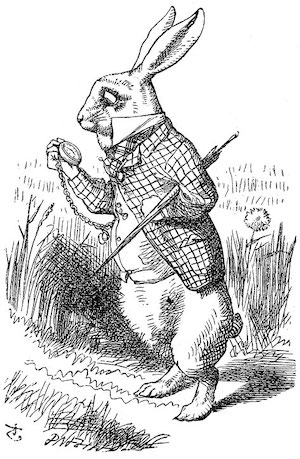Unofficial CLI for King of Time
| bin | ||
| src | ||
| test | ||
| .dockerignore | ||
| .editorconfig | ||
| .eslintignore | ||
| .eslintrc | ||
| .gitignore | ||
| .mocharc.json | ||
| Dockerfile | ||
| LICENSE | ||
| package.json | ||
| README.md | ||
| white_rabbit.jpg | ||
King of Time CLI (unofficial)

Usage
$ kot checkin
{ result: 'OK', image_result: '0', comment_result: '0' }
$ kot checkout
{ result: 'OK', image_result: '0', comment_result: '0' }
Installation
From the same directory as this README:
$ npm install -g
Now the kot command should be available on your system.
Set Tokens
You need to provide two tokens, which can be retrieved by inspecting the HTTP request to /bprgateway the
King of Time Web UI makes when submitting a check-in or check-out request.
It is convenient to set these as the below environment variables, although they can also be passed as options
to the checkin and checkout commands.
KINGOFTIME_TOKENKINGOFTIME_USER_TOKEN
Commands
kot checkin
Check in
USAGE
$ kot checkin --token <value> --user-token <value>
FLAGS
--token=<value> (required) Defaults to the KINGOFTIME_TOKEN environment variable.
--user-token=<value> (required) Defaults to the KINGOFTIME_USER_TOKEN environment variable.
DESCRIPTION
Check in
EXAMPLES
$ kot checkin
kot checkout
Check out
USAGE
$ kot checkout --token <value> --user-token <value>
FLAGS
--token=<value> (required) Defaults to the KINGOFTIME_TOKEN environment variable.
--user-token=<value> (required) Defaults to the KINGOFTIME_USER_TOKEN environment variable.
DESCRIPTION
Check out
EXAMPLES
$ kot checkout
kot help [COMMANDS]
Display help for kot.
USAGE
$ kot help [COMMANDS] [-n]
ARGUMENTS
COMMANDS Command to show help for.
FLAGS
-n, --nested-commands Include all nested commands in the output.
DESCRIPTION
Display help for kot.
See code: @oclif/plugin-help
Credits
Inspired by https://github.com/inabajunmr/kotrcli